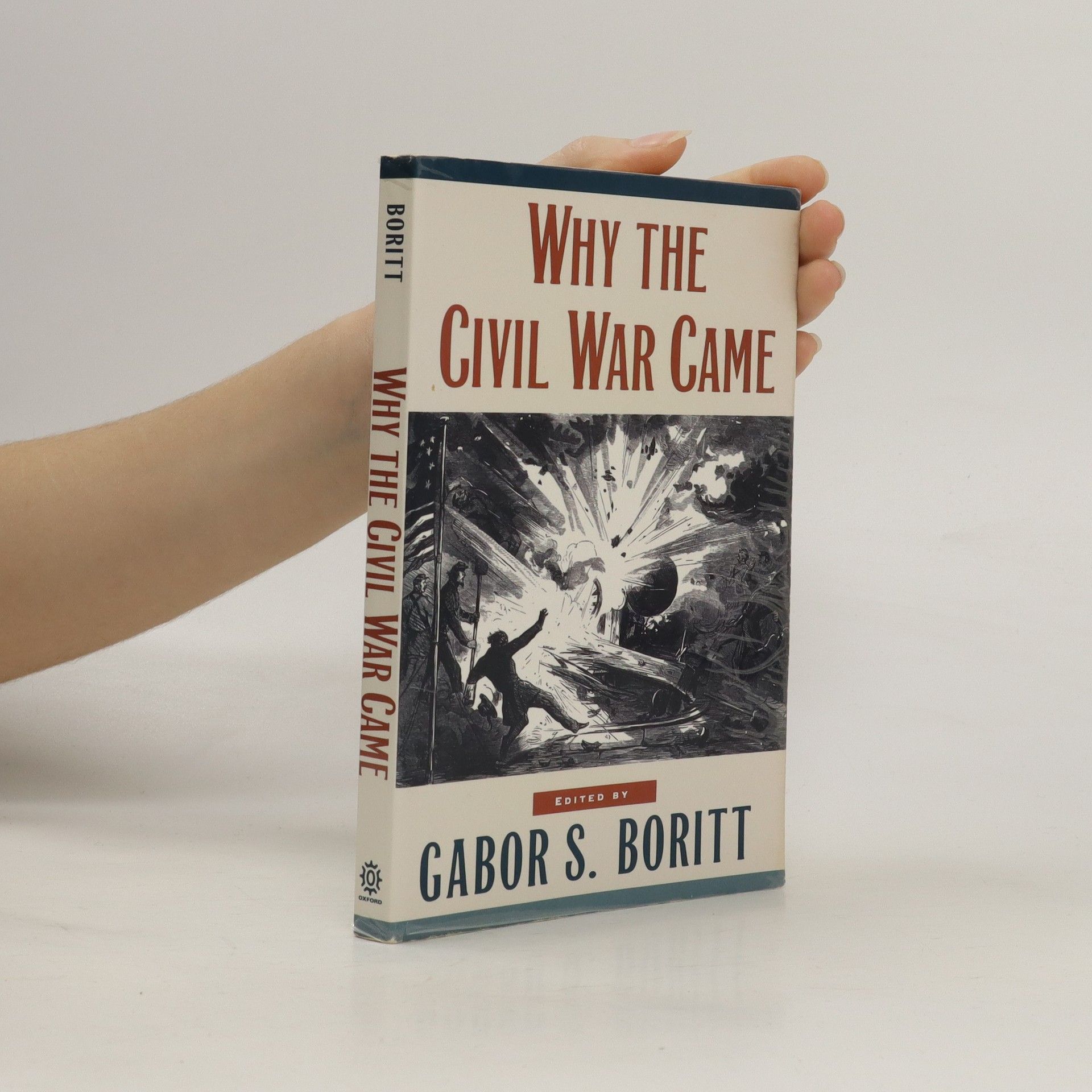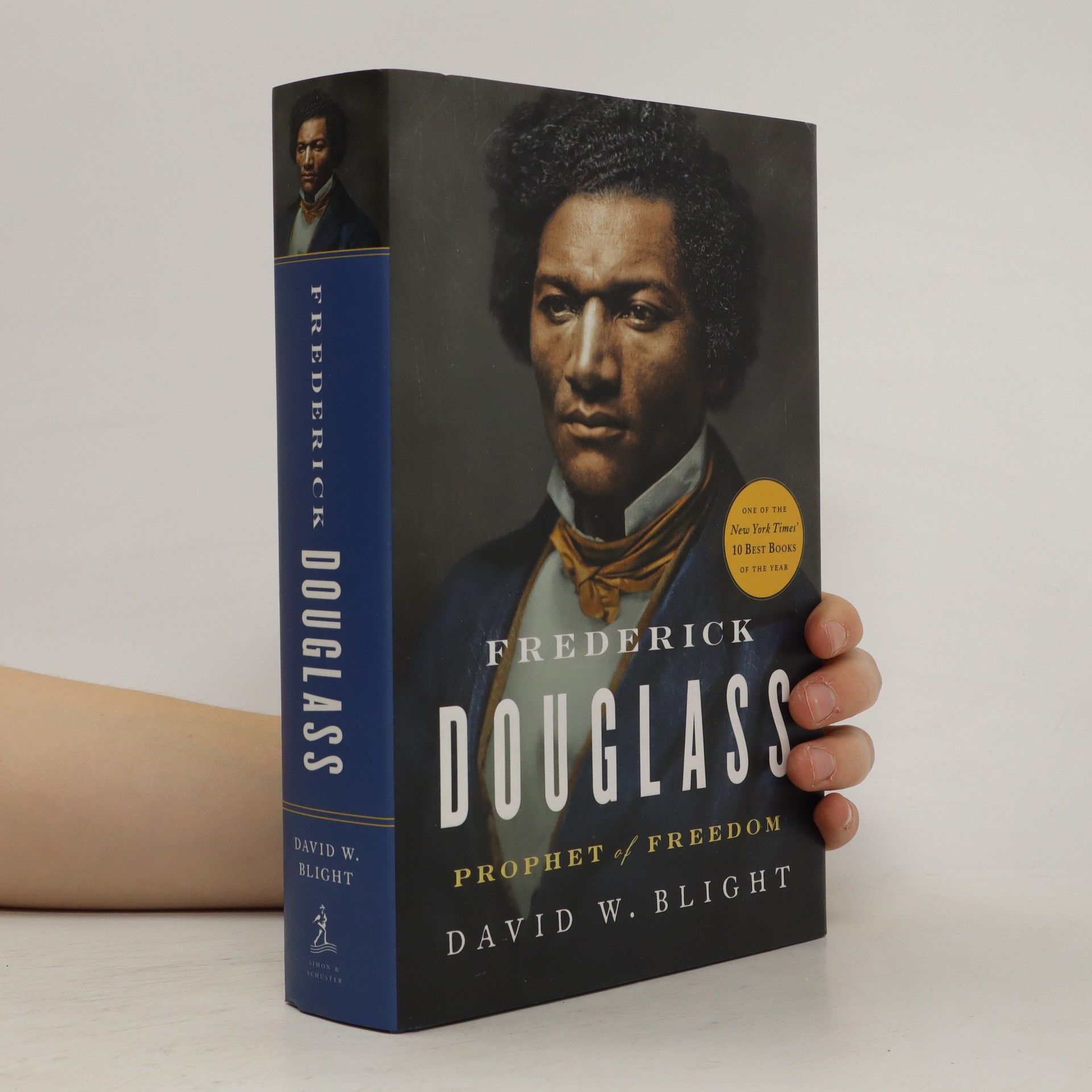Yale and Slavery
- 448pagine
- 16 ore di lettura
A comprehensive look at how slavery and resistance to it have shaped Yale University
David W. Blight è uno storico di spicco che approfondisce le intricate narrazioni della storia americana. Il suo lavoro esamina profondamente la complessa interazione tra la Guerra Civile e l'era dei Diritti Civili, esplorando come la nazione ha affrontato il suo passato. L'approccio di Blight è noto per il suo meticoloso dettaglio e la sua capacità di illuminare l'impatto duraturo degli eventi storici sulla società contemporanea. La sua erudizione getta luce sui modi in cui i ricordi collettivi vengono plasmati e riformulati nel tempo.





A comprehensive look at how slavery and resistance to it have shaped Yale University
This dramatic biography chronicles the life of Frederick Douglass, the most significant African-American of the nineteenth century. Born into slavery in Baltimore in 1818, Douglass was fortunate to learn to read from his mistress, which paved the way for his emergence as a leading abolitionist and orator. Throughout his life, he authored three autobiographies and published his own newspaper, using his experiences to expose the horrors of slavery. Initially mentored by William Lloyd Garrison, Douglass captivated audiences with his powerful speeches, later evolving into a political abolitionist and supporter of the Republican Party and Abraham Lincoln. By the Civil War and Reconstruction, he had become the nation’s most renowned orator, vocally opposing the end of Reconstruction and the rise of Jim Crow laws. Douglass was a complex figure, critiquing the U.S. while remaining a radical patriot. He engaged in political debates with younger African-Americans but remained committed to civil rights. This biography by David Blight utilizes new sources, including private collections and Douglass's newspapers, to explore his two marriages and intricate family life. It presents Douglass not only as a master of words but also as a profound thinker influenced by Biblical theology, filling a significant gap in historical literature about this remarkable man.
In 1865, in the aftermath of civil war, the North and South of America began a slow process of reconciliation. This book examines the construction of a culture of reunion during the ensuing decades and analyzes how this unity was created through increasing racial segregation.
In the early morning of April 12, 1861, Captain George S. James ordered the bombardment of Fort Sumter, beginning a war that would last four years and claim many lives. This book brings together a collection of voices to help explain the commencement of Am.
A History of the United States, Brief Edition - Eleventh Edition
Follow history with a spirited narrative that tells the captivating stories of all people in the United States in Norton's best-selling A PEOPLE AND A A HISTORY OF THE UNITED STATES, BRIEF EDITION, 11E. Written by award-winning historians and acclaimed authors, this revised edition clearly depicts historic change -- from race, gender, economics and public policy to family life, popular culture, social movements, international relations and warfare. The first book to focus on U.S. social history, this edition now emphasizes the place of the U.S. in international history and the world. Streamlined chapters, new learning features and more than 90 maps support learning, while a new digital version and optional MindTap and Infuse digital resources help you envision what life was like in the past. This edition is available as a complete edition or split VOLUME TO 1877 (Chs. 1-14), and VOLUME SINCE 1865 (Chs. 14-29).